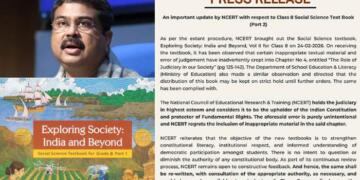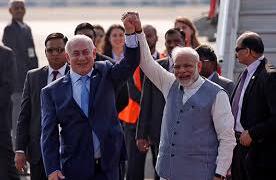Keeping a few Nazis off the streets of Skokie will serve Jews poorly if it means that the freedoms to speak, publish or assemble are thereby weakened
~ Aryeh Neie, ACLU Executive Director in 1979, defending neo-Nazis in a case for the freedom of speech in Skokie, Illinois in 1979. Aryeh’s relatives were killed in Hitler’s concentration camps
Recent weeks have seen yet another controversy erupting around freedom of speech and expression – this time, it is Wendy Doniger and her book The Hindus: An Alternative History, which has outraged the religious sentiments of large sections the Hindu community across the world. First off, let us look at the facts of the case:
- Doniger is a Professor at the University of Chicago, in the cross-disciplinary field of interpretive religion studies focusing on Hinduism
- She has written a book called The Hindus: An Alternative History, in which she attempts to undertake a psychoanalytical interpretation of Hindu myths
- This work has been opposed primarily on grounds of religious sentiments, and this claim is bolstered with a multi-pronged attack on
- Her understanding of Sanskrit
- Her claims of authority on Indic religions
- Her lack of background on psychoanalytical theory and practice, and the admitted inadequacy of psychoanalysis on historical works of a foreign culture
- Her adherence to academic feminism, which is scurrilously linked to her obsession with sex
- The groups that attacked the work pointed out several flaws in the book, and approached the courts. As part of the settlement reached between Penguin India and the claimants, Penguin withdrew the book in India and has announced its decision to pulp all copies of the book
Now, there has been no violence, no street agitation, no open threats to the author – the matter was taken up in the courts of law, and a decision has been reached between the publishers and the claimants. Now, I have to wonder at a few points:
- Why are all individuals associated with the protest being called hardcore Hindutva-vadis?
- Why is nobody interested in reading the content of the book?
- Why is the suppression of the book being celebrated as a victory of Hinduism?
- Why is nobody addressing the fact that the law that has been invoked to suppress, Clause (2) of Article 19 of the Indian Constitution, is vague at best and insidious at worst?
I am completely aware of the explanations ranging from Hindu-hatred to Leftist atheism that are doing the rounds of social media these days. I do not have any evidence that would suggest any of them are inadequate or plain wrong. To these explanations, I want to add a more generous hypothesis – Doniger is used to the American standards of freedom of speech and expression as well as American standards of academic freedom, which are pretty much absolute barring a few incidents. Tenured professors are legally protected from being expelled for stating anything from hate speech to racism to Intelligent Design to Holocaust denial. It is therefore possible that Doniger expected similar standards of freedom of speech across the world in general and in India in particular.
However, one of my main takeaways from the situation is that we need tighter, better defined laws that cannot be used in this way to stifle freedom of speech and expression – at a prescriptive level, I personally side pretty much towards the American model of absolute freedom of expression. I might disagree with and be offended by words or voices; however, to me it does not mean that I want to give up my right to express what I want merely because what others say or write offends me.



























